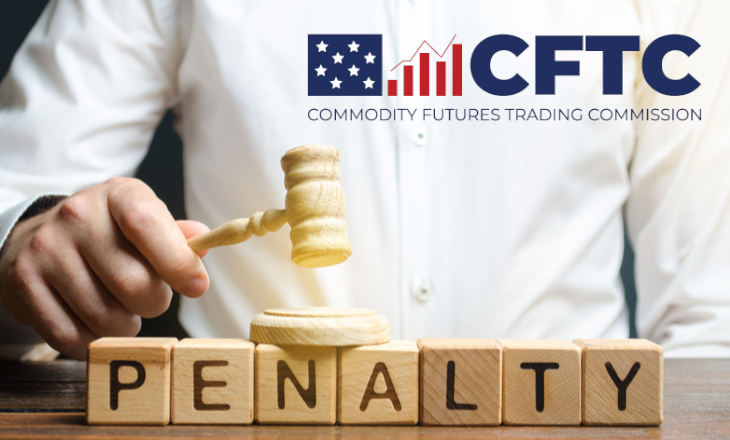The Commodity Futures Trading Commission announced on Thursday the decision of the US Federal court for a permanent injunction and monetary penalty against Main & Prospect Capital, LLC (MPC) and owner Daniel Adam Hewko.
The US watchdog brought charges of fraud, misappropriation of investor funds and failing to register with the CFTC in November 2019 against Hewko and his father, Daniel Hewko.
Hewko and MPC were ordered to pay $1,906,395 in restitution to victims, as well as $5.7 million civil monetary penalty. Additionally, the regulator found that the defendants illegally operated a commodity pool by failing to register as commodity pool operators, which is in violation of the CEA and CFTC regulations. The court imposed permanent registration and trading bans on the defendants.
The scheme
According to the CFTC, the fraudulent scheme began in August 2014 when Hewko and MPC began seeking investments into a pooled investment vehicle operated by MPC and marketed to prospective investors as the Global Opportunity Fund (Fund). The regulator detailed that over $1.1 million were collected from the investors from September 2014 to November 2014.
Furthermore, the defendants collected the funds into a futures trading account with a futures commission merchant (FCM). In December 2014, these funds were transferred to an account at another FCM and remained there until the summer of 2016. The accounts we used to conduct limited trading of futures contracts, such as crude oil and E-mini S&P futures contracts.
The regulator found that Hewko and MPC began issuing quarterly statements in January 2016, however, all investment returns claimed in account statements provided from Q4 2015 through Q3 2018 were false. While the funds suffered losses during this time, investors received statements showing returns and false growth.
The CFTC stated:
The order further finds Hewko and MPC did not use investor funds in the manner represented to investors, and instead misappropriated funds for the benefit of Hewko, his family, and unrelated companies he owned or controlled.
